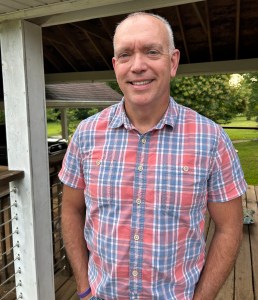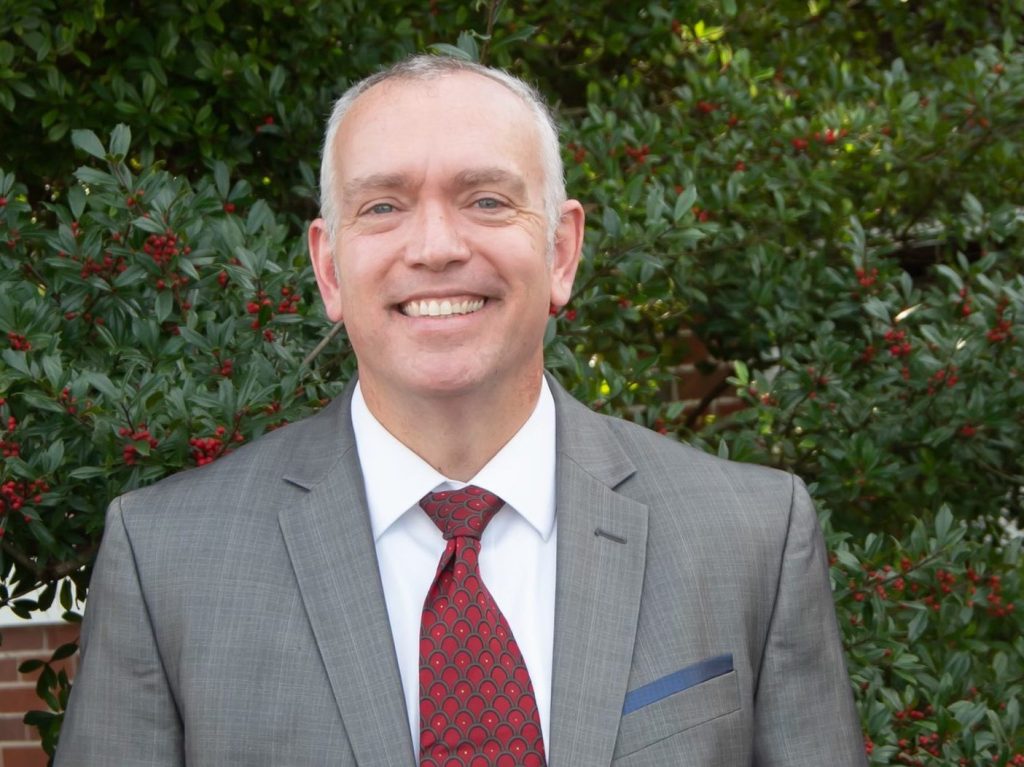
Neal Pollard
Psalm 95 is one of seven “enthronement” psalms, meaning it “celebrates the sovereignty of Yahweh over the whole earth” (Bratcher and Rayburn, np). In other words, God is King of kings. It is written by King David, a fact not deduced from the psalm itself bearing his “signature” but instead from the Holy Spirit telling us so in Hebrews 4:7.
This is a psalm you may recognize, especially the second half of the psalm. David shifts from the privilege of the present to the prospect of repeating the peril of the past. The Bible so often charts a course for our future by pointing to the mistakes of history. Is there a more oft-repeated example of how not to live than the generation which wandered in the wilderness?
When you break down the contents of the psalm, it appears to have three major themes:
THE WORSHIP (1-2,6)
There are acts of worship–singing and shouting (1), worshipping, bowing down and kneeling (6)
There is a call to worship–David says “let us” six times (1-2,6). We should encourage one another day after day (Heb. 3:13; 10:24-25) to engage in worship. How often do we do that? Not harassment or a guilt-trip, but a loving appeal to those who seem to be slipping in their faith to the point that they’ve stopped coming to the assemblies. God’s people need to come together to worship, and if some are struggling in this God wants us reaching out to them.
There is an Object to worship–worship is intentional, meaning that we must direct it with our hearts, minds, and bodies. Worship is “to the Lord” (1), the rock of our salvation (1), a great God and king (3), the Lord our Maker (6), and our God (7).
THE WONDER (3-5,7a)
Before worship this Sunday, spend a few moments contemplating just Who it is that you are approaching in your worship–His nature, character, attributes, and blessings. David does that within his exhortation and call to worship.
He is above all (3). He is in control of it all (4). He made it all (5-6). He leads us all (7a). With enthusiasm, we should exclaim, “Our God is an awesome God, He reigns in heaven above with wisdom, power, and love, our God is an awesome God!”
THE WARNING (7b-11)
There are three major warnings here:
There is a warning against delay (7–“Today”). When we are falling away, we may tell ourselves, “I’m not gone for good. I’ll get right…later.” We must remember that, “Tomorrow never comes” (2 Cor. 6:2).
There is a warning against desensitization (8–“Do not harden your hearts”). None of us is beyond this happening. Keeping our hearts soft to God’s will and word is essential to staying faithful to Him. Sin hardens our hearts, and that is deadly!
There is a warning against dimness (10). The root of Israel’s rejection was that they erred in the hearts and did not know His ways. Find someone who has wandered away in life, and you will find that they wandered away from His Word.
Should we worship God from hearts of delight or hands of duty? Yes! Worship should be an utter joy, but let us keep in mind that it is done on His terms and in His way. It is an obligation, one which blesses us and fills our heart with delight. It is a “corporate” activity (Let US). It is a safeguard against falling away. Sunday’s coming! “Oh come, let us bow down!”










